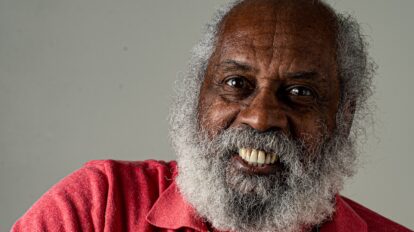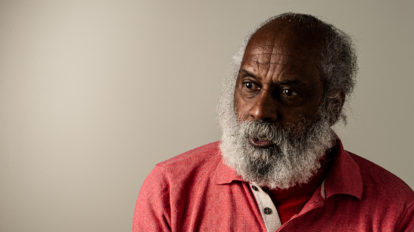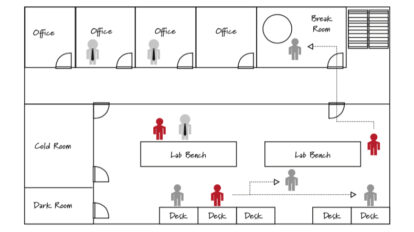Emily Hamilton interviewed Sam Anderson over several days in early December, 2019. Emily is a professor of history and studies mathematics education reform. Sam is an activist, scholar, author, and early member of Science for the People...
Search Results For - sam anderson
Emily Hamilton interviewed Sam Anderson over several days in early December, 2019. Emily is a professor of history and studies mathematics education reform. Sam is an activist, scholar, author, and early member of Science for the People...
Reports from SftP chapters, the BIPOC Caucus, and the Translation Working Group, as well as information about SftP's fiscal sponsor.
Meet the Contributors to “A People’s Green New Deal” Volume 23, number 2, A People’s Green New Deal Sam Anderson Sam Anderson is a Brooklyn, New York, native and a founding member of the Coalition for Public...
Meet the Contributors to “Science Under Occupation” Volume 23, number 1, Science Under Occupation Mohammed Abusarhan Mohammed Abusarhan is a masters student in biotechnology at Bethlehem University and Palestine Polytechnic...
Acknowledgements Volume 22, number 1, The Return of Radical Science Science for the People is published online and in print thanks to the generous support of donors and activists like you. THANK YOU to the contributors to our 2019...
Inclusive Biology Evolves With Students By River Suh Volume 26, no. 1, Gender: Beyond Binaries Are we really rethinking representation or merely memorizing pronouns? In the face of ongoing legislative attacks against transgender youth and...
As thousands of academic workers in the United States strive to unionize across different university campuses, many organizing campaigns struggle to engage a key demographic: PhD students in STEM departments. Reasons for hesitation among...
Nuclear and environmental historian Kate Brown, author of several notable books on nuclear disasters, spoke with SftP about the ongoing conflict in Ukraine, crises of nuclear energy, and what are at stake for ecology and health.
Weaponization of data has buoyed the racist social order, but appropriate use of data can be powerfully emancipatory.








